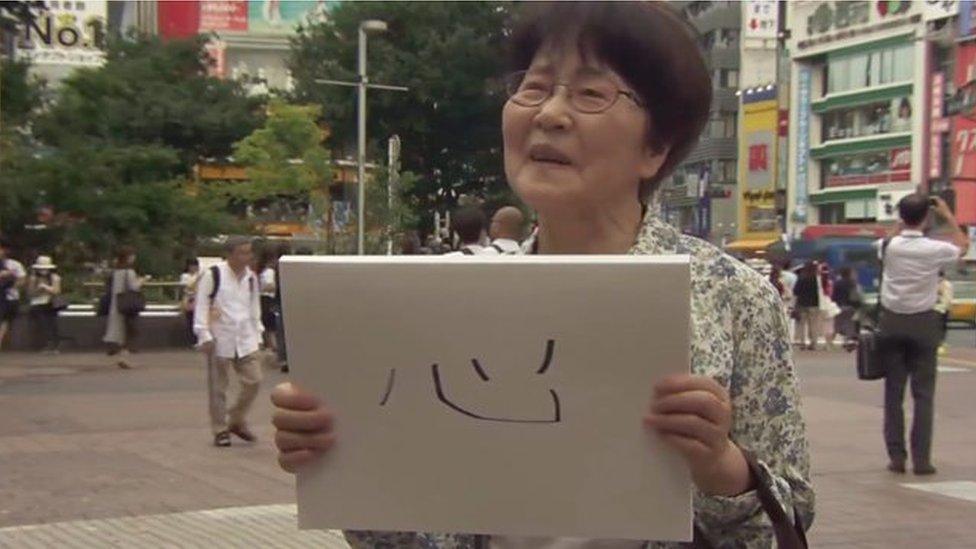Japan emperor: How abdication could usher in a calendar change
- Published
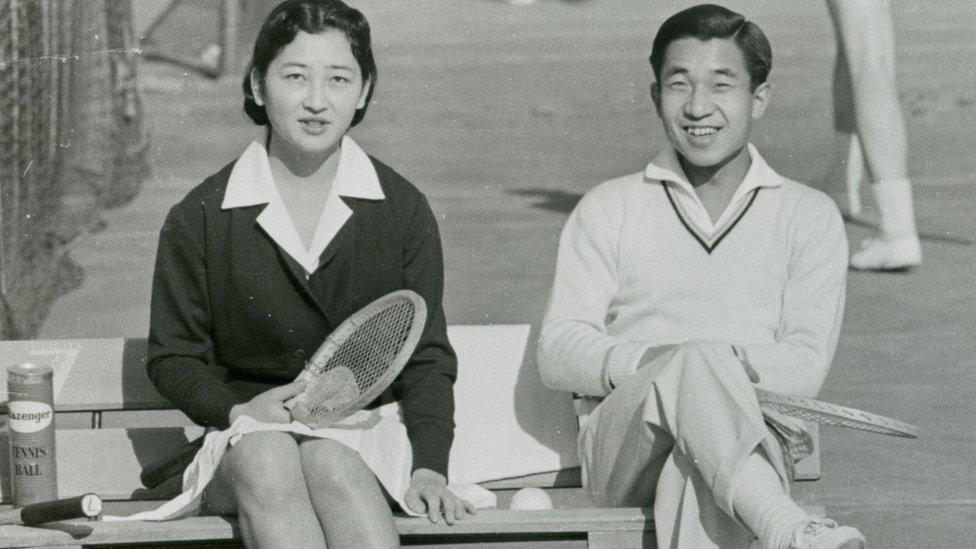
Emperor Akihito inherited the throne when his father died in January 1989 - marking the end of the Showa era
For the first time in two centuries a Japanese emperor may be about to abdicate. The huge change for Japan could also affect one aspect of everyday life - the calendar.
Emperor Akihito, 83, has hinted he wants to stand down at the end of 2018, allowing Crown Prince Naruhito to take over.
Japanese media have reported the government is considering letting Naruhito assume the crown on 1 January 2019, a date that would finally synchronise the traditional Imperial calendar with the modern Gregorian one.
How does the calendar system work now?
Like many countries, Japan has used a number of calendar systems at different times, many of them Chinese variations on the lunar calendar.
But in the late 19th Century, Japan adopted the Gregorian solar calendar standard in the West.
While that is now Japan's main calendar, it never fully displaced Japan's own nengo or gengo calendar system, which also had its roots in Chinese practices.
Since 1868 each era has begun and ended with an emperor's reign. The current era is called Heisei, meaning "achieving peace".
So the name of any given year is composed of the era and the number of years the emperor that the era is named for has reigned. For example most of 2017 is Heisei 29 - the 29th year of Heisei, Emperor Akihito's reign.
Who picks the name?
Historically, the emperor, but Imperial law was rewritten after World War Two and mention of nengo disappeared.
Some modernisers hoped to see the back of it but conservatives were not keen and, backed by a public who still used it, the government re-established it in law.
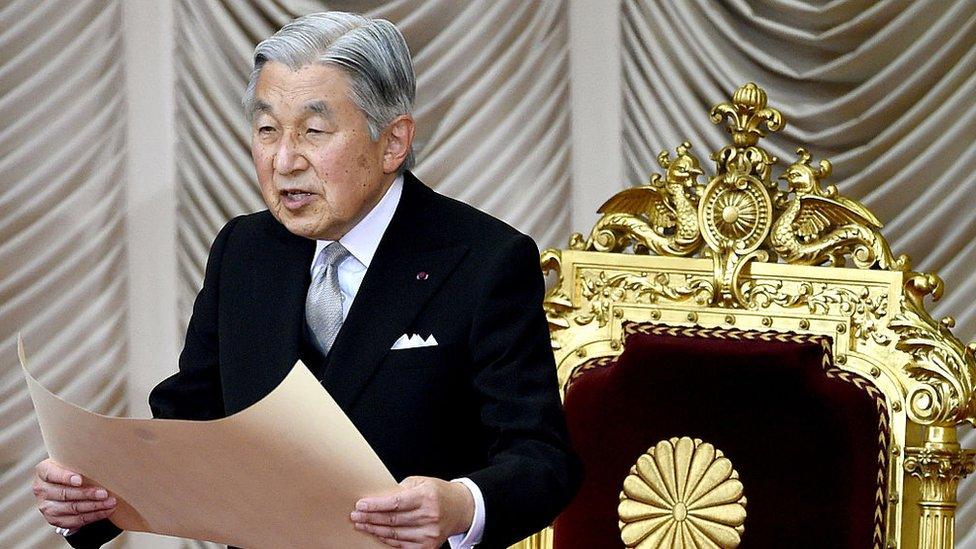
It has been two centuries since an emperor abdicated in Japan
Now the cabinet is officially responsible for it, consulting experts and officials in private to create a shortlist of names that sum up an era, can be easily read and written and cannot be confused with existing words.
It is possible that process has already begun. Reports say the name may even be announced in advance. In the past that would have been seen as pre-empting an emperor's death, and deeply offensive.
An announcement would hopefully give people and government paperwork time to adjust.
The emperor would need to get used to a name-change too. At the end of their reign, emperors are renamed after their eras. So Emperor Akihito would become Emperor Heisei, just as his father Hirohito was posthumously named Emperor Showa.
Why New Year's Day?
Since an era usually ends with the death of the emperor, the (Gregorian) year in which that happens contains two nengo years.
So 1989, when the last emperor died, was both Showa 64 and Heisei 1, although Heisei 2 and all subsequent nengo years began on 1 January.
Some worry a mid-year change might cause problems for computerised systems, so reports say officials are seeing the living abdication of the emperor as an opportunity to synchronise the calendars.
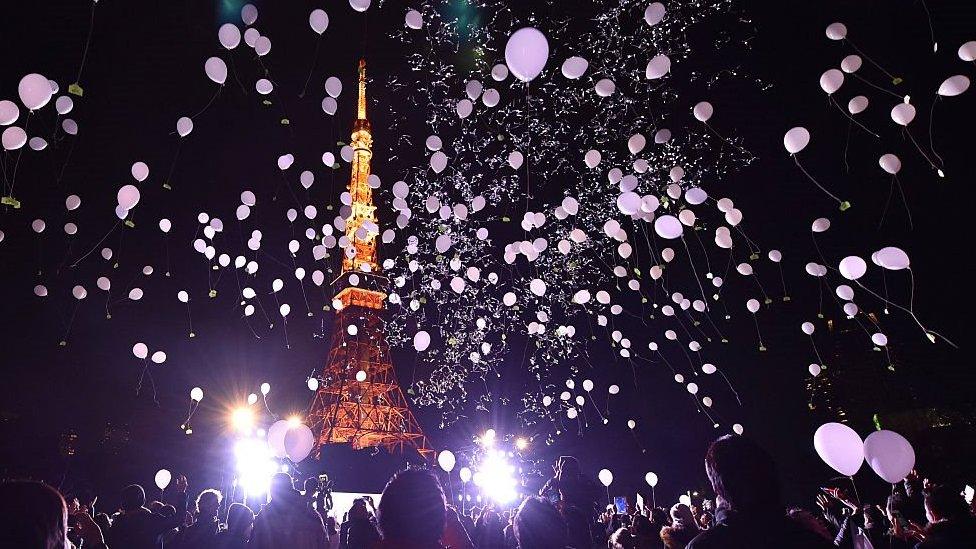
People celebrating New Year at Tokyo Tower last year
What is the Imperial calendar used for?
Official documents and formal pronouncements mostly.
Government offices sometimes have a conversion chart on hand for people having trouble filling in dates on forms, and many diaries - or their modern replacements, the phone - have similar helpers too.
The Gregorian calendar is used for most things though, and in a digital world, increasingly so.

Why can't the emperor abdicate? Abdication is not mentioned under Japan's existing laws, so they would need to be changed for the emperor to be able to stand down. The changes would also have to be approved by parliament.
What do the public think? Most support the emperor's desire to step down, but the move is opposed by some more conservative sections of Japanese society.
Is this the first time a revision of the law has been discussed? A debate about whether or not a woman would be able to ascend the throne was triggered in 2006 when the emperor had no grandsons, but was postponed after a boy was born to the imperial family.
What does the emperor do? The emperor has no political powers but has several official duties, such as greeting foreign dignitaries. Japan's monarchy is entwined in the Shinto religion and the emperor still performs religious ceremonies. He also plants and harvests a small rice paddy inside the palace while the empress raises silkworms.

- Published6 March 2015
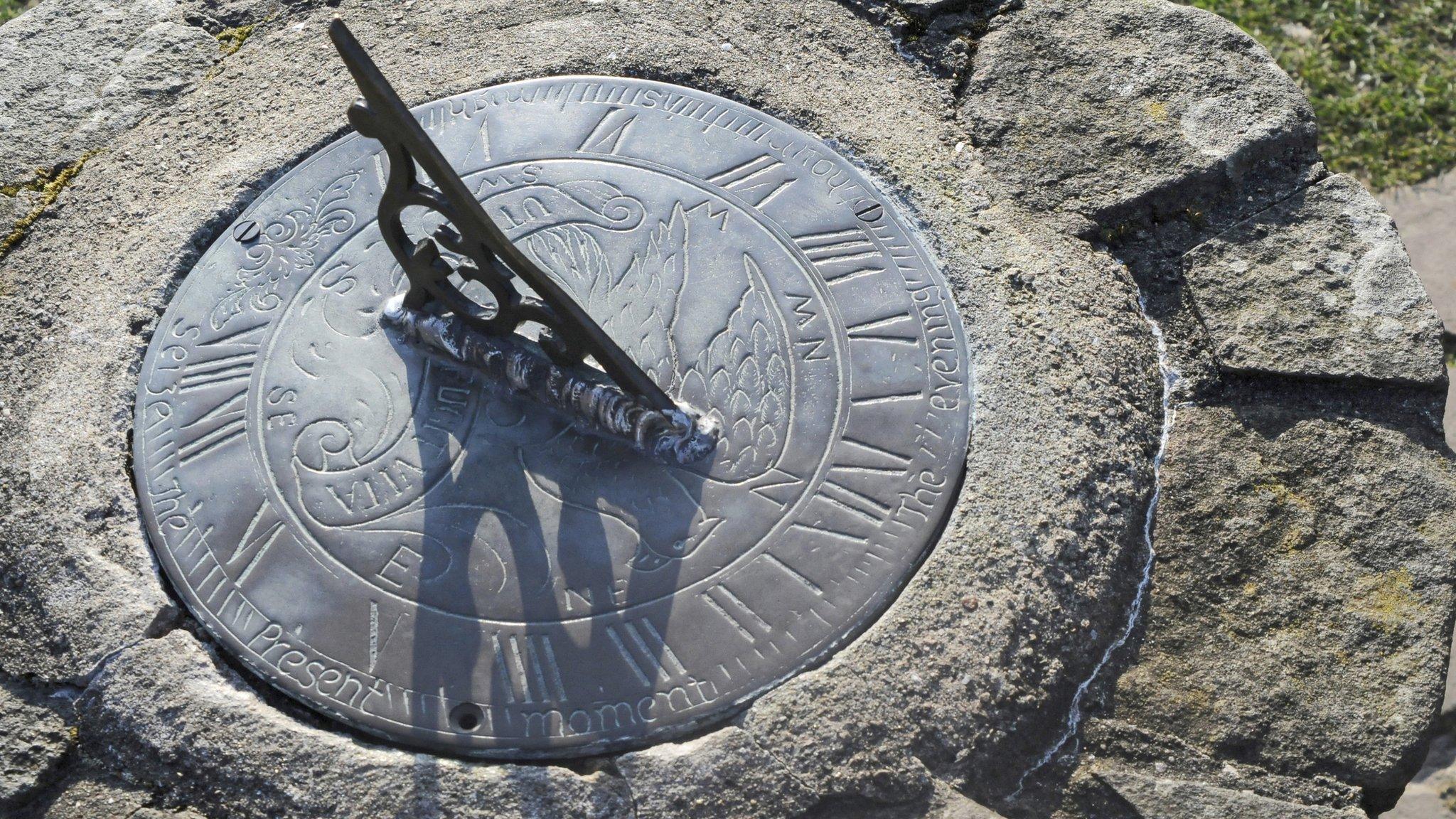
- Published11 August 2016
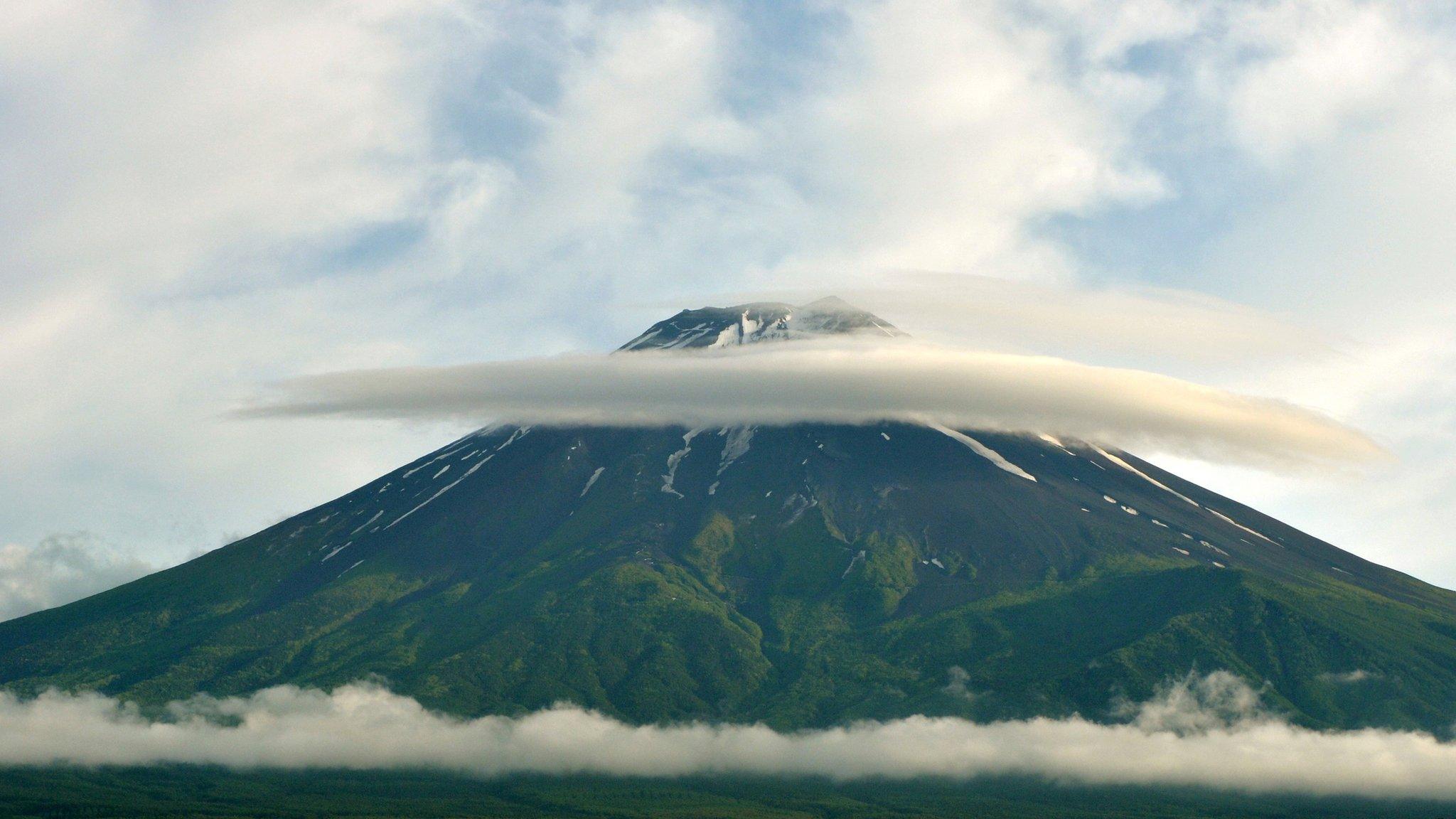
- Published11 January 2017

- Published30 April 2019
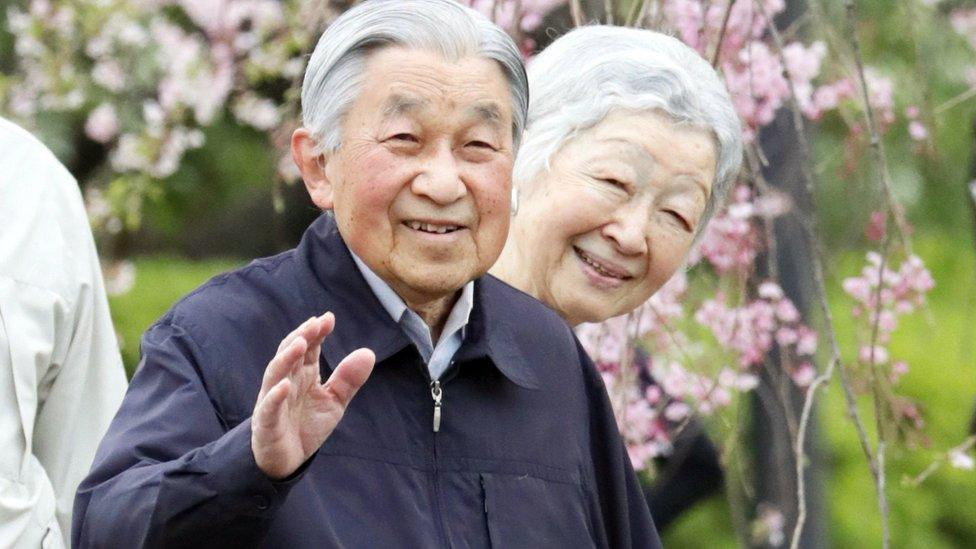
- Published8 August 2016
- Published8 August 2016
